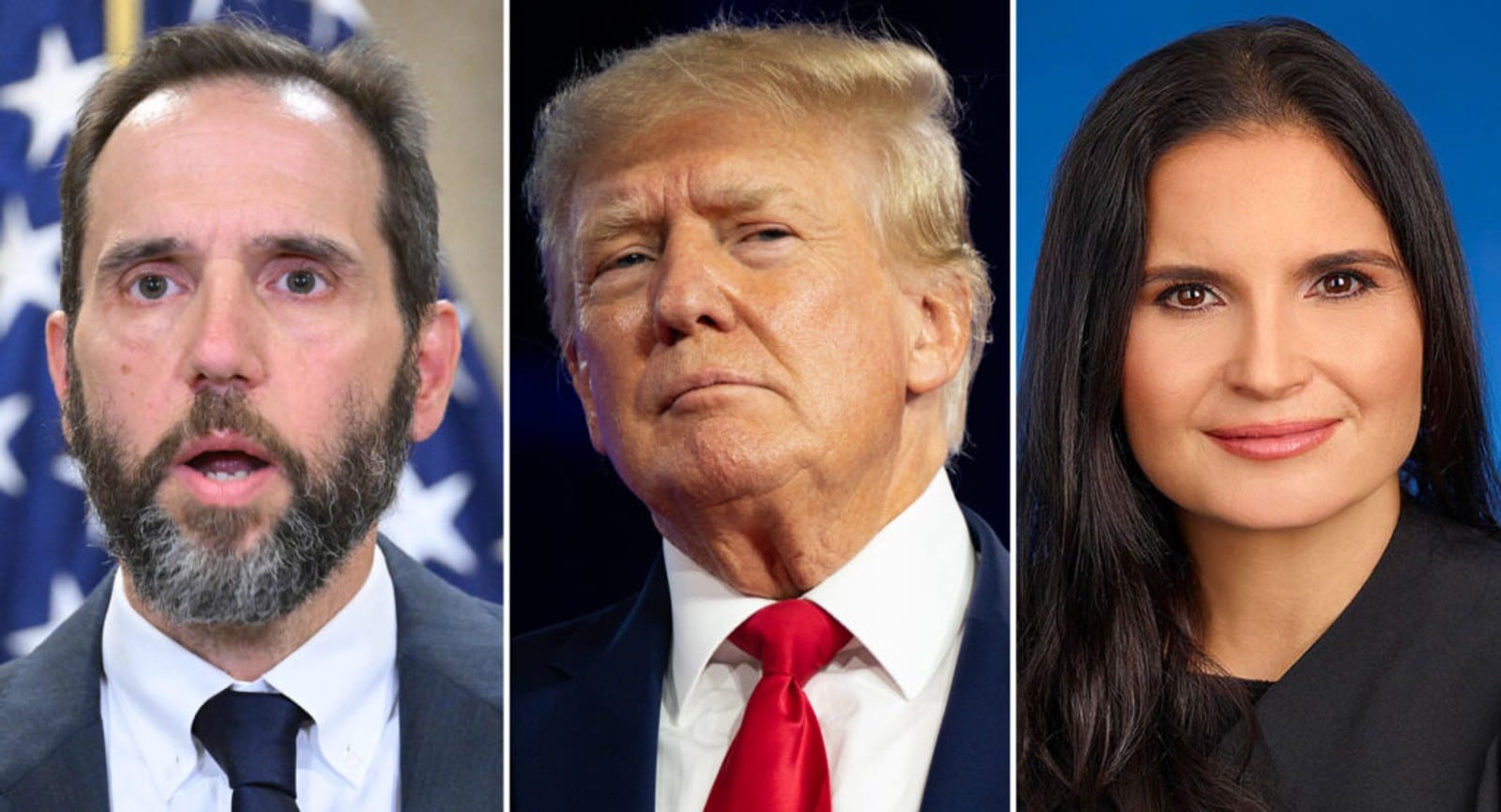OPINION: This article may contain commentary which reflects the author's opinion.
The U.S. district judge in charge of Donald Trump’s Mar-a-Lago prosecution issued an order to unseal several documents. Special Counsel Jack Smith complained that he worried about revealing the government’s plans to delete classified information from discovery.
In a brief paperless order, Judge Aileen Cannon said she was “mindful of the strong presumption in favor of public access to judicial documents” and ordered the unsealing. The Special Counsel’s Office filed documents on November 22, and they became public hours later.
Smith requested approval to submit a motion to file the motion under seal as well as an ex parte motion to exceed page limits (for the judge’s sole view), MSN reported.
Smith said that the government’s “upcoming CIPA Section 4 motion, which will include highly sensitive classified information,” and that it “provides sensitive information about the contents of the CIPA Section 4 motion,” were the subjects of his motion to exceed page limits.
To “protect four separate categories of classified information from disclosure” to criminal defense attorneys and Trump co-defendants, valet Walt Nauta and Mar-a-Lago property manager Carlos De Oliveira, he suggested filing one sizable motion in the interest of judicial economy rather than multiple motions.
The special counsel argued in favor of his request, citing concerns that “even disclosing” the “number of categories of classified information that the government seeks to delete from discovery would reveal the contours and extent of the government’s CIPA Section 4 motion.”
Although the Classified Information Procedure Act, or CIPA, states that a judge “may authorize the United States to delete specified items of classified information from documents to be made available to the defendant through discovery under the Federal Rules of Criminal Procedure, to substitute a summary of the information for such classified documents, or to substitute a statement admitting relevant facts that the classified information would tend to prove,” Cannon found on November 28 that Smith had not given enough evidence to support filing either of the motions on an ex parte basis because they were not §4 motions in and of themselves and did not “contain or otherwise reveal classified information.”
Also, the judge said that the Special Counsel’s claim that the government’s CIPA Section 4 motion filing could “reveal the contours and extent” because it talks about “four categories of especially sensitive classified information” is not enough to change the rule against ex parte filings in our adversarial system of justice. Only that reference is needed.
Smith then followed up on December 1st, stating that the special counsel had not opposed the filings becoming public, except for two that required “limited redactions,” and that both the government and the defense had discussed unsealing several documents on the docket.
“Moreover,” the judge wrote, “although the Special Counsel suggests that the mere filing of its motion for additional pages might ‘reveal the contours and extent of the Government’s CIPA Section 4 motion,’ because it indicates that ‘four categories of especially sensitive classified information’ will be addressed in the Section 4 motion, that bare reference, without more, is not a basis to deviate from the presumption against ex parte filings in our adversarial system of justice.”
In support of his request, the special counsel expressed concerns that “even disclosing” the “number of categories of classified information that the government seeks to delete from discovery would reveal the contours and extent of the government’s CIPA Section 4 motion.”
“The defendants did not oppose the government’s request but reserved the right to challenge them later,” Smith wrote, before explaining why he sought to file ex parte in the first place.
“The government sought to file its motion ex parte because it was ancillary to an ex parte proceeding, and it would have revealed to defense counsel information, albeit unclassified, about the contours of the government’s planned CIPA Section 4 motion,” Smith said. “This is the same information that the government proposed redacting.”
“Because the Court rejected that position and ordered the government to provide unredacted versions of the two docket entries to defense counsel, there is no justification for keeping them from the public,” the special counsel conceded. “Accordingly, the government does not object to ECF Nos. 223 and 224 being unsealed in full.”
